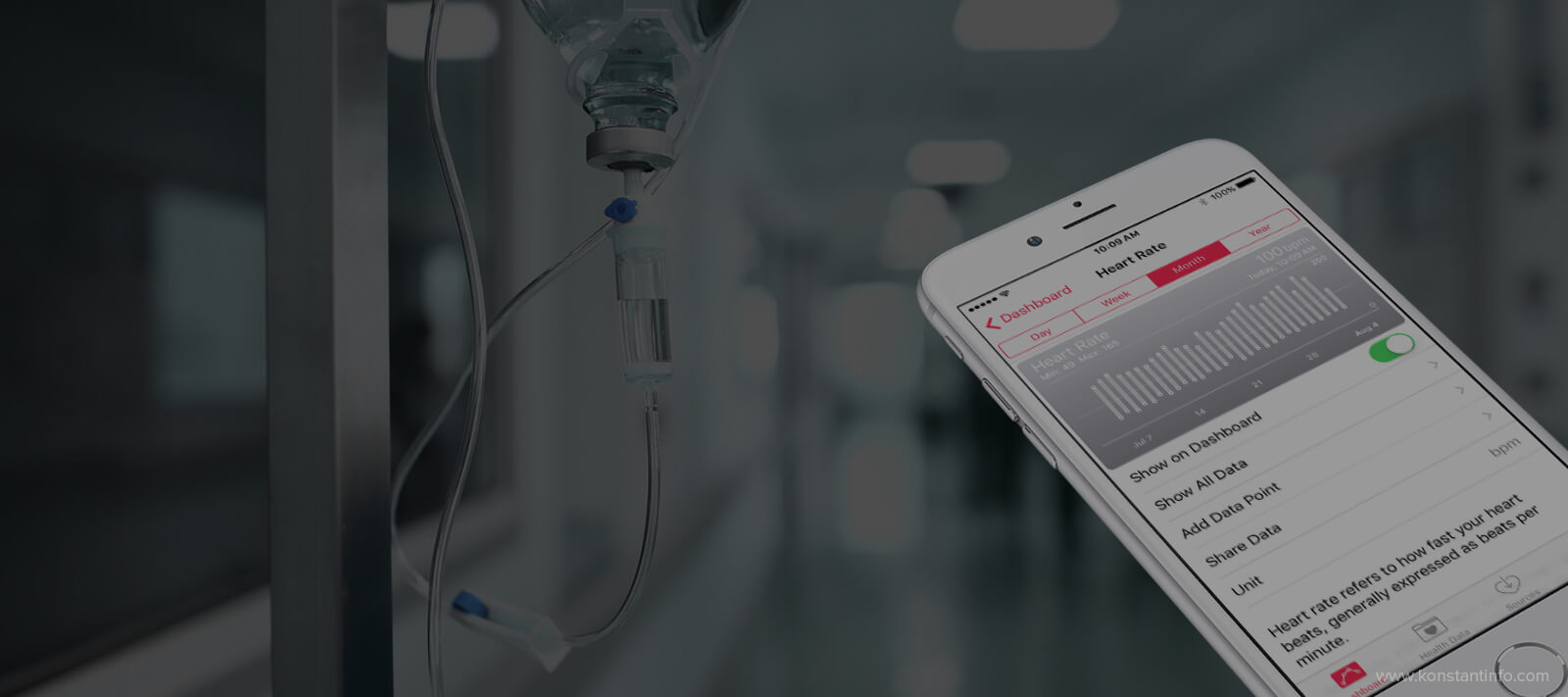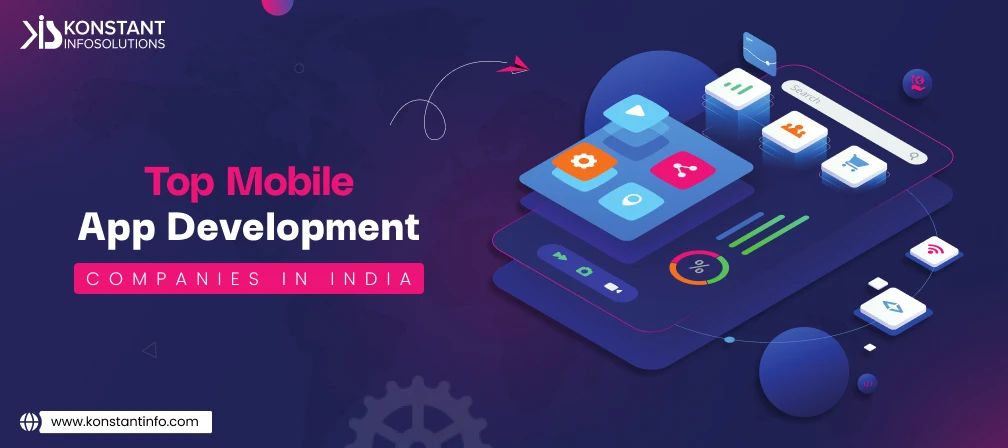
Digital innovation is taking place in every space and hospitals are no exceptions. As per the experts from the healthcare domain, it is important for hospitals to embrace digitally resourced practices and plan to work on models that operate through advanced innovation-driven roles to allow them to perform ideally and optimally in various departments and agendas. But are they able to make the most of the automation and mobility by implementing the resourceful value dynamics by developing the right mobile apps? Not really as yet – as most of the hospitals seem to face five big challenges when developing mobile apps. Let’s find out what these hurdles are:
Low technology budget is the major problem many of the hospitals face. They are not having the right architecture in place to adequately support and facilitate agile mobile development. Either they fail to put up with sufficient infrastructure or fall short of enough resources to attempt innovation through mobile apps. This perhaps stands as a reason for them to not commit to more revenues and the cycle tends to affect their ROI and eventually their ability to embrace digital innovation. Even in the case, they attempt for technology resources, they do not provide the desired features like prescription refills and medical records access, that actually are needed by patients. And these apps remain underutilized or prove less engaging to users – and the main culprit appears to be the budget in most of the cases.
Another major reason why most of the hospitals are not able to take their app ideas beyond pen and paper is the lack of availability of the required skills. As revealed by a research, more than 80% of healthcare organizations fail to bring the right piece of app into evidence and end up messing up with the approach, by misidentifying mobile app to primarily be a frontend project. This leads to reaching a rickety program that only supports few functionalities and meager features, making the app appear not more than a medical brochure or an appointment card.
Besides the much important statuary compliances like HIPAA, hospitals also need to sign contracts and keep records of agreements with many outside agencies and companies. They are in a frequent need to follow security rules and practice a great deal of privacy and protect medical reports and patient records against any kind of hacking, ransomware or authority breaches. And the sound security and compliance fundamentals are built by proper data encryption, network security, infrastructure habituation, access controls, and proper backup and monitoring. Which needs quite neat and adept hands and a lot of vigilance to approach the solution.
It becomes difficult for developers to work with archaic and traditionally built EHR systems. More so if they are customized beyond regular norms. These systems also prove a threat to mobile app development when not calibrated to suit modern functional and technological requirements. Further, every EHR system requires a different approach to implementation. Developers need to diagnose the differences and intricacies they are all bound to offer. Again, as you are not able to do any changes in the backend without rewriting the app, updates are a sheer pain. Also, as these systems are not able to provide fast response time mobile users expect, there’s a need to create acceleration layer for it (which again needs to meet all the compliance needs) making it further difficult at the development end.
The most difficult part of app development is the gap between the understanding of the business-unit leaders and the IT people. Developers are resistant to the cloud and want their apps to be primarily secure, reliable, stable and digitally consistent but the business team wants it to be fast and collaborative in the first place. So, they emphasize on cloud and other scalable solutions that allow them to adopt performing possibilities and commit to advanced opportunities. Here, the best thing any business could do is focusing on their core competencies and leave provisioning, building, managing and maintaining the solution and process infrastructure to the experts.
These obstacles in the way of mobile app development for hospitals make one thing clear that seeking a technology solutions in the modern era is not a do-it-yourself project for sure. Especially when security and compliance are at stake. So, it’s always a better move to approach such a solution in aggregation and coordination of senior members who can cover that gap of technology and business leadership. This will also help in taking important decisions over whether to choose off-the-shelf products or build it from scratch or combine it with some third-party aid. It would also help taking call pertaining to forming the strategy and deciding over infrastructure, micro services and practices that would help in avoiding fragmented, delayed and expensive results.



A marketing graduate, a deemed strategist, a sure geek - Tushar is a fine blender of the art and science of writing. When it comes to tune up content with commerce, he knows the trick. For him, if words don’t make you think and beat, they are not worth your time. A crazy foodie, an unfailing jogger – that’s him off the desk!
Or send us an email at: [email protected]